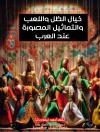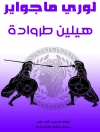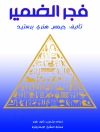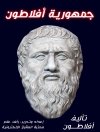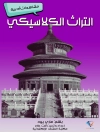In 212 CE, the emperor Caracalla extended citizenship to nearly all free-born residents of the Roman Empire. In doing so, he transformed not only his own, but the very ideal of empire and statehood in Europe. This volume first inquires into the contexts of Caracalla’s act in his own day. Rome was an ancient empire: it had traditionally ruled over populations that were conceived and governed as distinct units, a practice that was both strategic and ideological. What were the practical and political effects of a universalizing ideology in this context? Was there a reorientation of private social and legal practice in response? And what politics of exclusion came to apply, now that citizenship no longer served to distinguish persons of higher and lower status? The volume subsequently traces the history of citizenship in universalizing ideologies and legal practice from late antiquity to the codification of law in Europe in the nineteenth century. Caracalla’s act was then repeatedly cited as the ideal toward which sovereign polities should strive, be they states or empires. Citizenship and law were thereby made preeminent among the universalisms of European statecraft.
Mengenai Pengarang
Clifford Ando is David B. and Clara E. Stern Professor of Classics, History and Law at the University of Chicago, and Research Fellow in the Department of Biblical and Ancient Studies at the University of South Africa. He is the author and editor of 15 books on Roman history and the Roman legal tradition.


